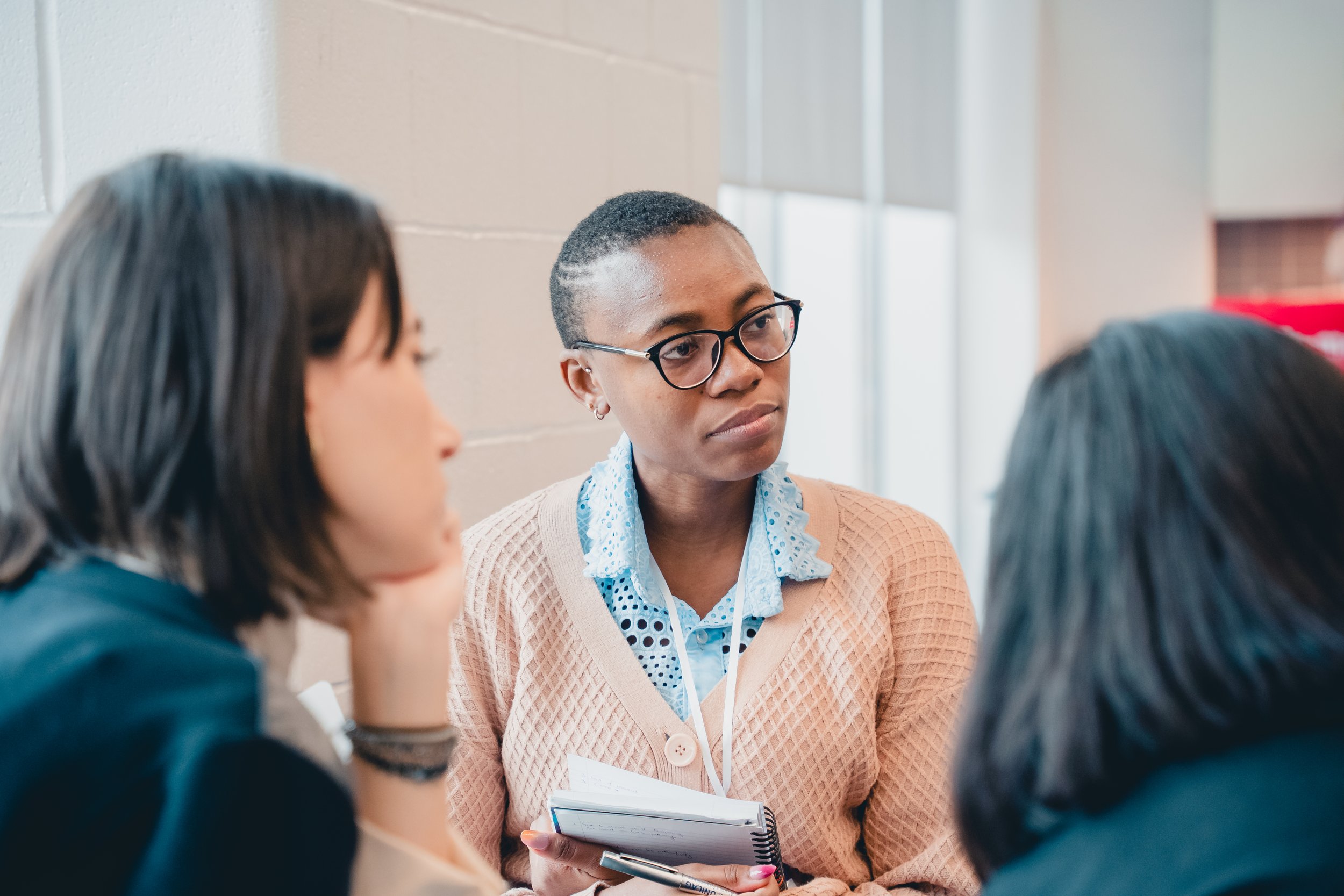
CODE OF CODUCT
The Fora Code of Conduct is a set of commitments that sets out how every person affiliated with Fora: Network for Change is expected to treat one another and can expect to be treated. Fora is committed to cultivating a generation of young leaders by providing the training, networks, and unparalleled opportunities that place young leaders at the center of decision-making.
How to use this Code of Conduct:
This Code of Conduct applies to all “stakeholders”:
Fora program participants
Fora employees
Vendors and contractors hired by Fora
Other project stakeholders, including but not limited to: Board Mentors, Global Advisors, Coaches, Facilitators, volunteers etc.
Fora is committed to maintaining open and respectful dialogue. As an organization, we welcome input on how to ensure the organization can be made more inclusive.
This Code of Conduct applies equally to all spaces hosted by Fora, including online learning spaces, Summits, special events, conferences, workshops, webinars, meet-ups, Facebook groups, and other social media communities.
All Fora participants, team members, and stakeholders can expect all spaces and programming to be free from:
Discrimination on the basis of gender, gender identity and expression, sexual orientation, disability, physical appearance, race, ethnicity, age, academic background, or religion;
Harassment, including unwelcome remarks or jokes on any of the grounds of discrimination, threats or intimidation, unwelcome physical contact, unwelcome sexual attention or innuendo, sustained disruption of talks or other events;
Bullying in-person and/or online on Fora channels;
Being intentionally misgendered when a correct pronoun has been provided.
As young women and gender-diverse youth increasingly take their rightful seats at decision-making tables around the world, there may be instances of belittling, microaggressions, and/or outright alienation. When confronted with such instances, all Fora stakeholders are invited to seek the support of the organization and network. Additionally, all Fora stakeholders can expect that their personal and sensitive data be handled confidentially and stored safely.
The Fora social media platforms and private groups should be used for:
Strengthening supportive networks nationally and globally;
Posting positive, supportive, and encouraging messages;
Seeking support, advice, or commiseration for tough situations;
Sharing news and updates.
Fora does not tolerate bullying, intimidation, or harassment of any kind on the organization’s social media platforms or private groups. Any posts deemed as such will be removed and investigated.
Fora participants are provided rare and cherished opportunities. All participants are expected to take full advantage of the programs, by:
Serving as an ambassador for Fora in all decision-making spaces;
Participating meaningfully in discussions, asking thoughtful questions, committing to listening and learning;
Arriving to events and sessions on time and being respectful of others’ time;
Taking advantage of networking opportunities;
Fully participating in online or pre-event coursework and assignments;
Taking responsibility in meeting all deadlines;
If you are of legal drinking age in the local country and choose to consume alcohol, ensuring it does not limit your ability to fully participate in events on the day or the following day.
Fora recognizes that exams, family responsibilities, mental illness, sickness, etc. can get in the way of a participant fully showing up for a period of time. When this is the case, participants are encouraged to communicate the circumstances with Fora staff, so that the team can effectively offer support. Participants are expected to contact the relevant Programs Team staff as soon as possible to seek support when needed.
Destigmatizing Mental Illness
Fora is committed to reducing the stigma associated with mental illness and bringing awareness to strategies that can help young women and gender-marginalized youth cope with and manage their mental health. Signs of youth struggling with mental illness may include depression, feelings of loneliness, anxiety, sadness, helplessness, and difficulty sleeping. Fora encourages participants who may be struggling with mental illness to contact the organization’s CEO or another member of staff should that feel more comfortable. If you see a friend struggling, you may reach out on their behalf, with their consent.
Contacting Fora
For any concerns whatsoever related to the Code of Conduct, please contact Fora’s CEO Emma Asiedu-Akrofi at emma.akrofi@foranetwork.org. The CEO commits to responding within 72 hours, or less if the email is marked “urgent.” Participants may also contact another member of the team if they are more comfortable.
